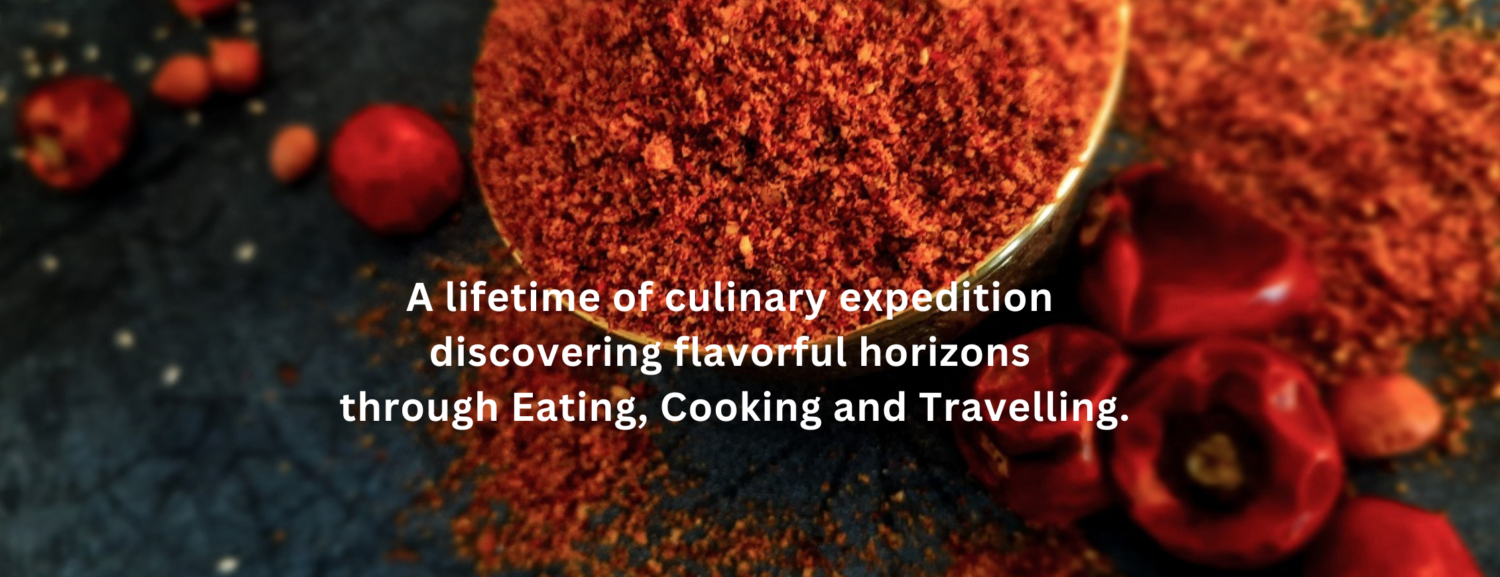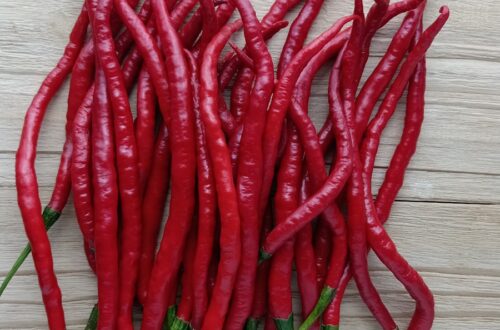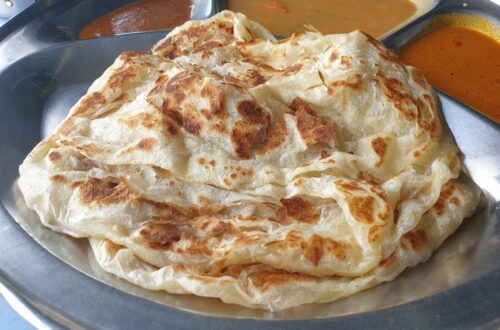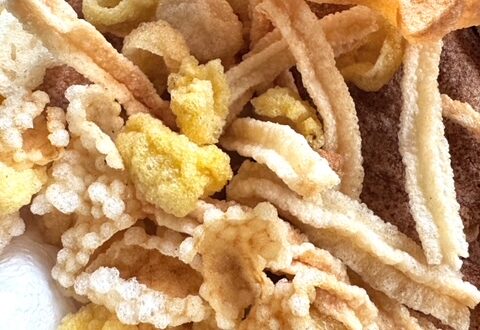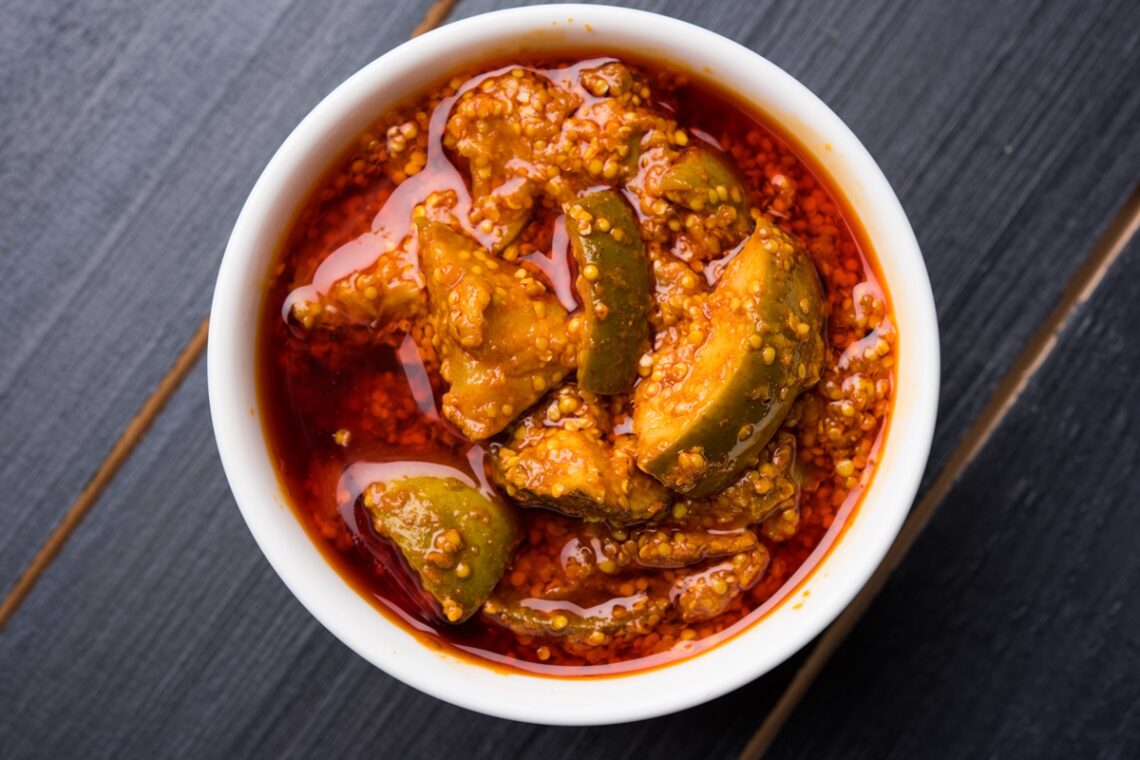
Flavorful Pickling Secrets
In hot climates, using oil in pickling can greatly extend shelf life. It protects pickles from temperature fluctuations, especially in hot and humid environments. The oil creates a barrier that limits air exposure, reducing spoilage caused by oxidation of both the pickles and their spices. By sealing in moisture, oil helps maintain the texture and flavor of the pickled ingredients over time.
Certain oils, like mustard oil, possess antimicrobial properties that can inhibit spoilage-causing bacteria and fungi, further enhancing the pickles’ longevity. Additionally, oil carries and blends the spices, enriching the overall flavor of the pickles. In Indian cuisine, a variety of spices are utilized, and oil aids in infusing these flavors throughout the mixture.
Oil acts as a medium for fat-soluble flavor compounds found in spices like mustard, fenugreek, and chilli. By mixing spices with oil, the flavors are more readily released and melded, creating a balanced and flavorful pickle. When spices are allowed to sit in oil, the oil extracts and enhances the flavors, resulting in a concentrated taste.
Moreover, oil adds richness and a smoother mouthfeel to pickles, enhancing the eating experience and balancing the tanginess from vinegar or citrus. It also ensures even distribution of spices, allowing every bite to carry consistent flavor rather than isolated pockets of spice.
Oil helps preserve volatile flavor compounds that might be lost to air exposure or cooking processes, maintaining the intended flavor profile for longer. Sautéing spices in oil before pickling can further enhance flavor release, a technique commonly used in Indian cooking to maximize the essential oils and aromas.
#chefdevagisanmugam #Anjalai #Indianpickles, #picklepreservation
#culinarytradition #culinaryeducation #flavorfulpickles #indiancuisine #mustardoil #sesameoil #gingellyoil #homemadepickles #smallbatchpickles #supportsmallbusiness #Indianfoodculture #cholesterolfree #fermentation


